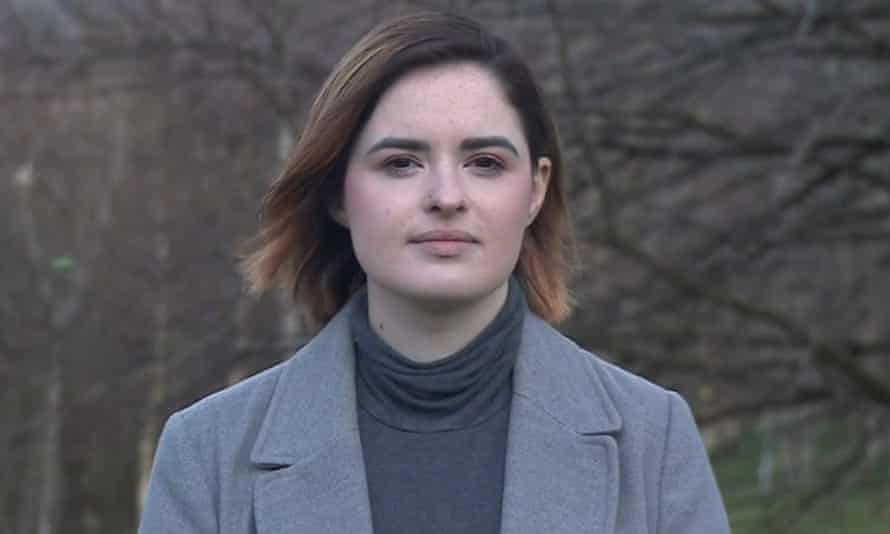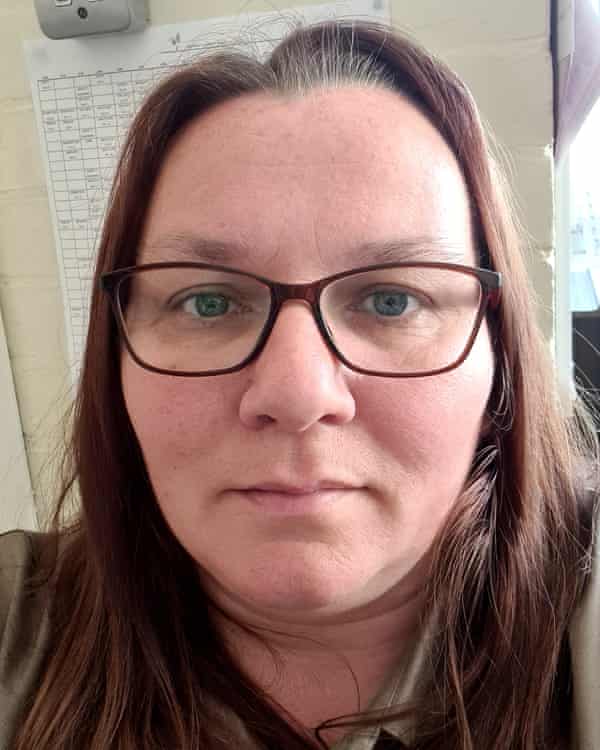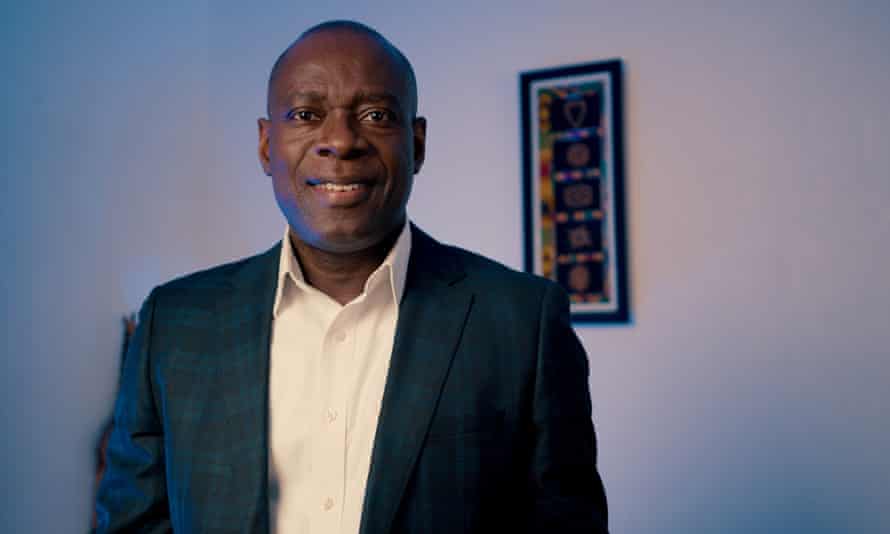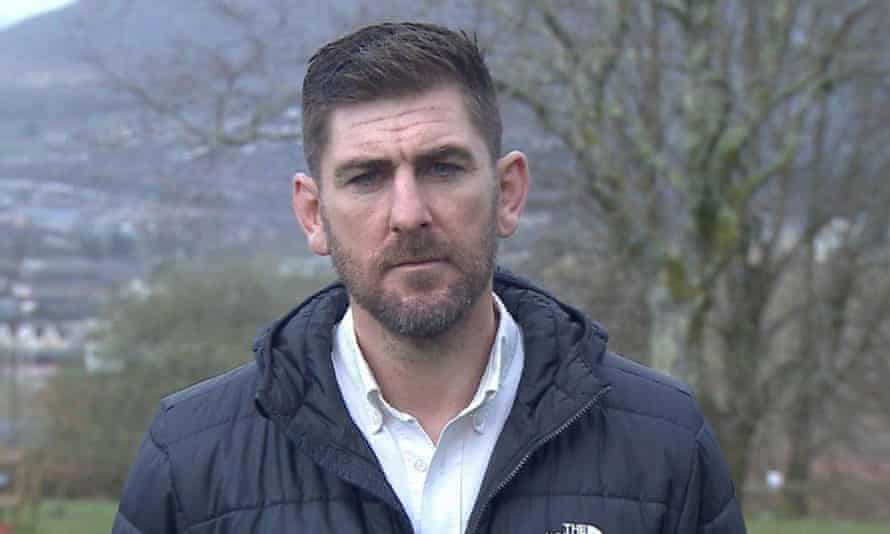Katie Lloyd signed up last year to join a cross-section of people in her area of south Wales to learn more about the climate crisis and agree ways to reduce carbon emissions. The impact of the discussions, organised by the Institute for Public Policy Research (IPPR) thinktank, were so profound that in September the 24-year-old marketing executive will begin an MA in sustainability.
She said her eyes were opened by climate breakdown experts who not only made presentations but also stayed to answer questions from members of the panel, dubbed “citizens’ juries” by the IPPR.
“We live in a society where we always have a phone in our hand, and information saturation and misinformation are always present, so to have the time where you are fully invested in listening is something that doesn’t often happen. And they listened to us and discussed how what they were telling us could be applied locally.”

In what is believed to be the first such exercise conducted across all parts of mainland Britain, the four citizens’ juries – covering the Tees Valley, south Wales, Thurrock in Essex and Aberdeen – all agreed the costs of climate change policies must not fall on low- and middle-income households.
With the local council and mayoral elections on 6 May and the landmark Cop26 conference in Glasgow later in the year, the message to local and central government is that fairness needs to be at the heart of policymaking as they consider how to bring down carbon emissions.
Jurors were also concerned that the thrust of policymaking would be devised in Westminster, ignoring local concerns.
With the likelihood that many environmental costs will be passed on to consumers in higher charges, many of the groups expressed concern that ordinary households will be disproportionately penalised.
Boris Johnson, the prime minister, while attending a one-day conference last week organised by the US president, Joe Biden, said he accepted the recommendations of the UK’s Climate Change Committee to cut greenhouse gas emissions by 78% by 2035, and by 68% by 2030.
Biden made a pledge to halve his country’s emissions by 2030 compared with 1990 levels, while Japan and Canada also brought forward tougher targets. Yet many of the commitments to reaching net zero remain vague.
Funded by the IPPR as part of its environmental justice commission, the panels also concluded that “one size fits all” schemes imposed from Westminster would fail to win over the public.
The Tees and Aberdeen juries have written final reports and manifestos and presented them to councillors, MPs and community groups, while the panels from Thurrock and south Wales are due to finalise their reports next month.
Luke Murphy, the head of the commission, says the reaction of jurors shows that the public are prepared to support bold policies, but that they must be “fair and ensure the benefits and opportunities of the transition are shared by all”.
He said: “The next stage of the transition to a zero-carbon economy and restoration of nature will affect every part of our lives – the homes we live in, how we get around and, for many, the work we do.”
Local authority citizens’ panels have become popular as councils seek to consult voters about particular local issues.
But a lack of information about the choices available has hindered debates – something the IPPR hoped to overcome with a roster of experts who gave short presentations to each panel before answering questions.
Asking people in a Tory heartland about the best ways to tackle the climate crisis meant going to Thurrock in Essex.
Like much of London’s outer reaches, Thurrock is on the government’s list of areas ripe for development. Proposals for a new tunnel under the Thames – the Lower Thames Crossing – with the tunnel mouth emerging next to the town, are expected to raise traffic levels and encourage developers to devise new housing schemes.
Some councils have run into hostile opposition from pro-driving groups over the past year after the introduction of low-traffic neighbourhoods that stop residential streets being used as rat runs.
Plans for new housing and roads have also come under fire after successful appeals by developers to the secretary of state, with several instances of plans going ahead despite petitions from local groups citing environmental concerns.

Lyndsey Gosling, a school support worker in Thurrock, says transparency about decision making must be in place before radical changes can be made to tackle the climate emergency.
“Planners should listen to local people when they consider what is required and not just build housing continually without everything that is needed like schools, medical centres, shops and other infrastructure,” she says, speaking to the Observer after the Thurrock provisional manifesto was published last month.
Gosling was one of 20 panel members in Thurrock. She listened to 17 experts who ranged from Isabella Krabbe, the climate change research officer at the Royal Town Planning Institute, to Prof Mark Davis, an economic sociologist at the University of Leeds.
All the panellists were convinced of the need for further measures to cut carbon emissions after listening to experts before constructing a digest of how they believe local and national politicians should react to rising temperature levels.
Gosling said there was unlikely to be such a good reception from people in the several online groups in her area.
“I am on quite a few Facebook groups for the local area and you find that some people don’t understand the issues and some just don’t want change.
“The speakers talk about things that are quite idyllic and great if you are starting from scratch, but if you are talking about changing a town that is already there, they can be quite against it, as if everyone who wants change is against their way of life,” she says.
She is concerned about council plans to make improvements by clearing areas of housing, including her own: “They might not be the best, they are not pretty, but we love them and yet the council wants to knock them down.”

Charles Cato, an accountant, said he was struck by the way that land use can affect nature, and how “farming is pushing out so much diversity from the natural environment”.
He said: “We also talked about the costs of moving to low-carbon transport, because it is clear that lots of people do not have the means to buy electric vehicles, and that is something local councils and the government need to look at.”

Jesse Paton, who runs his own company in south Wales, said the experts sometimes skated over the cost implications of moving to a carbon-free economy. “It was their job to look at certain areas, but not always the costs of changing things,” he says. But like Lloyd, he appreciated how the discussion afterwards made it clearer how the transition could be paid for.

Average Rating